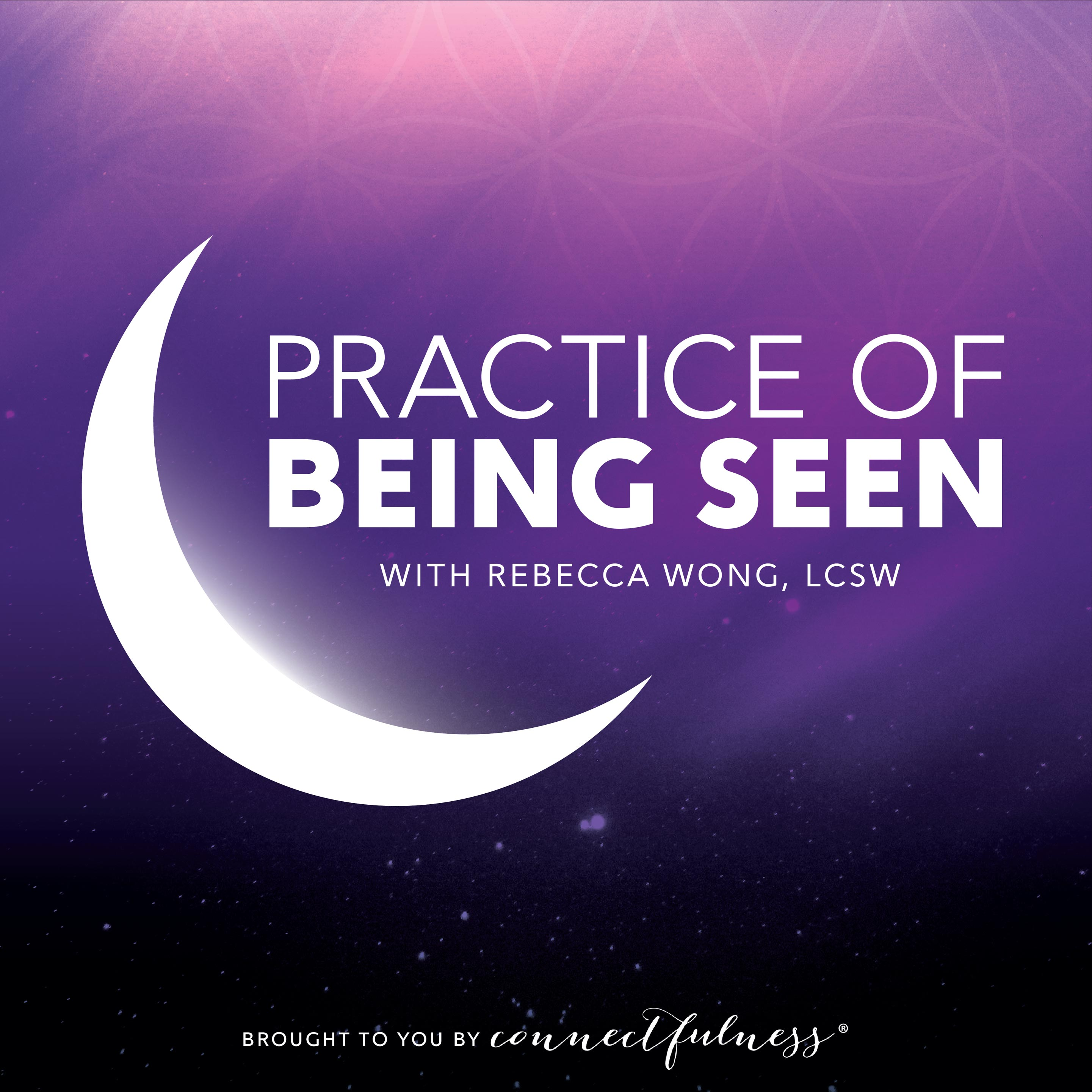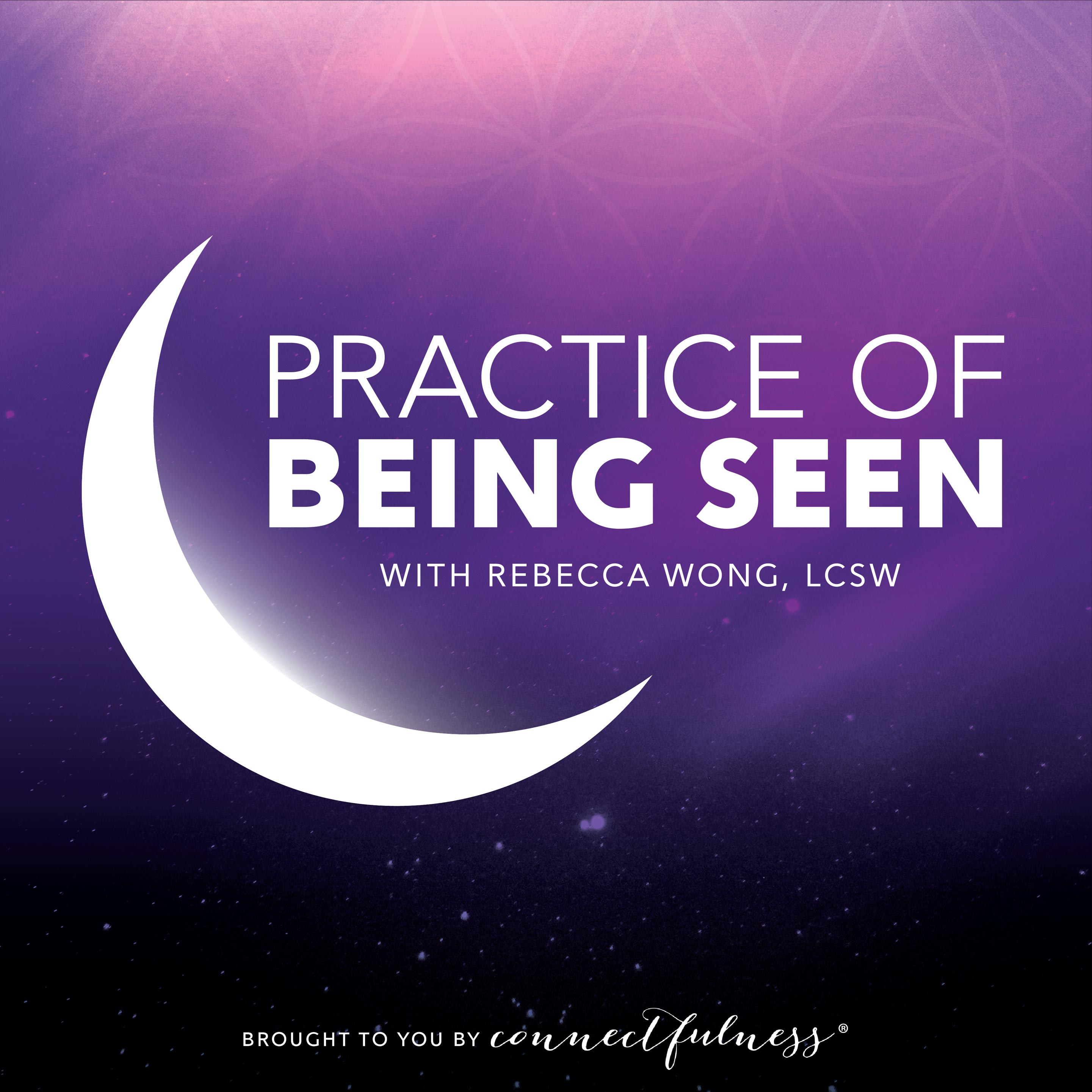John Harrison: What Men Need in Therapy
In a field where, more often than not, women tend to be the ones more often drawn to our therapy practices, working with male clients in a therapy practice can pose unique challenges. Men generally aren’t equipped to talk about their feelings in the same ways that women are and they can often feel like their sense of self is under attack while under the clinical microscope.
Today’s guest, John Harrison, knows quite a bit about this as a certified Relational Life Therapist, a facilitator for men’s therapy groups, an Army veteran, husband and father. And, he has found interesting ways to break down those barriers with men in his practice by inviting his own personal experiences into the room with his clients.
John says that “we can’t teach couples to be appropriately relational if we don’t relate appropriately with them.” This, and more wisdom in Episode 43 of the #POBScast.
In this episode, John and I discuss:
- Why men feel threatened by the pressure of transformation in therapy.
- The differences in the ways men and women are acculturated and the ways that affects how therapists need to relate to them in the clinical space.
- The impossible standard that modern marriage presents us with and the risk of relationship burnout.
- John’s “Water on the Sink” story, how it changed his marriage, and how he uses this personal story as a relational anecdote for his male clients for his clients to make changes.
- Using relational work versus evidence-based work, and striking a balance between using academic principles and speaking our truth as humans with our clients.
- Sitting with our feelings when our clients trigger us and how we can use these moments to better understand what our clients are going through.
- Moving past client distrust and displays of power in the clinical space.
- Male experiences of their own feminine energy, feminine energy as the oil that runs therapy, and how John fosters the feminine energy in men.
- What John has learned by running men’s therapy groups.
- John’s desire to simultaneously ramp up and scale down in his business and what that looks like for him.
- The draw of “abundance” over doing all the things and trusting the process to avoid burnout in striving toward your business goals.
- The importance of creating space for systems and processes that work for you.
Referenced in the episode:
Esther Perel’s work on relationships, sexuality and desire.
Terry Real’s book, I Don’t Want to Talk About It and his RLT Trainings for therapists.
Connect with John Harrison at LifeMadeConscious.com, where you’ll also find links to his podcast, True Calling Project.
Are you being called toward abundance in your work and your life? The Connectfulness® Method Mentorship Program is designed to make space for abundance through sustainability, integration, sitting with fears and building community. Doors are open for a few more days before we embark on this journey on 11/27, so if you’re curious to learn more, let’s book a chat together.


